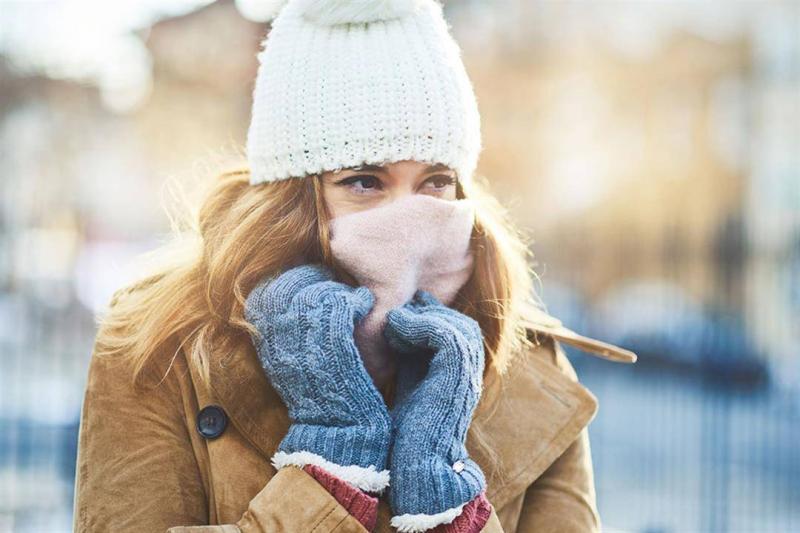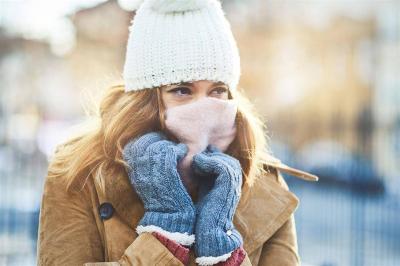Cold weather affects our vital organs like the heart and lungs, leading to an increase in blood pressure. According to cardiologist Leslie Cho from the Cleveland Clinic, the cold causes the heart to beat faster, which in turn raises blood pressure. Cho explained, "The body's first reaction to cold weather is to try to warm up, so blood vessels constrict to retain heat. The heart also beats faster, which can lead to elevated blood pressure. All of this can impact the heart."
Hypothermia and the Heart
Things worsen, according to Cho, when cold weather is accompanied by wind, as it further lowers body temperature. She stated, "When the body becomes unable to produce enough energy to keep internal organ temperatures warm enough, symptoms appear such as confusion, slow reactions, shivering, and drowsiness." She continued, "For people with heart disease, the extra work the body has to do to stay warm can lead to chest pain and possibly even a heart attack." Cho warned individuals exercising in cold conditions that "the heart is under more stress when cold weather combines with intense physical activity or even walking through heavy snow. It is essential for those engaging in such activities to take frequent breaks to avoid straining the heart. It is also important to stay hydrated by drinking fluids and wearing clothing that provides warmth."
How Cold Weather Affects the Lungs
Cold air can also impact breathing, especially for individuals with respiratory conditions such as asthma or chronic obstructive pulmonary disease (COPD). Lung specialist Rachel Taliersio confirmed that "for people with COPD, cold air can cause lung constrictions, leading to symptoms similar to an asthma attack." Taliersio noted that cold weather could induce shortness of breath, coughing, and chest pain, and it is crucial in such cases to warm the body by entering an enclosed space. She advised the importance of wearing clothing that keeps the body warm, covering the head with a hat, and also covering the mouth and nose to prevent cold air from entering the lungs.




